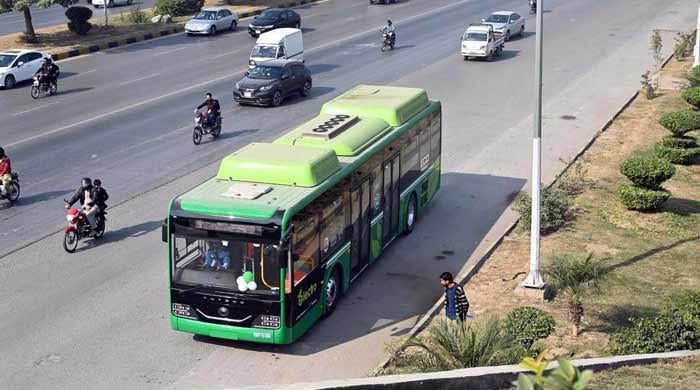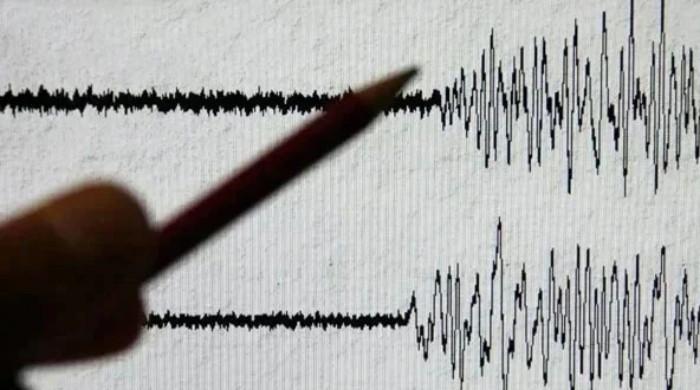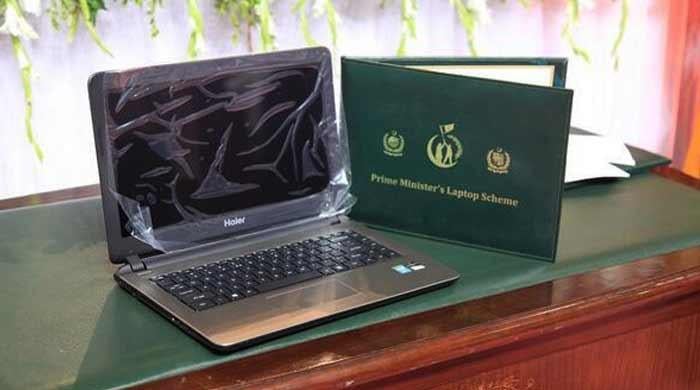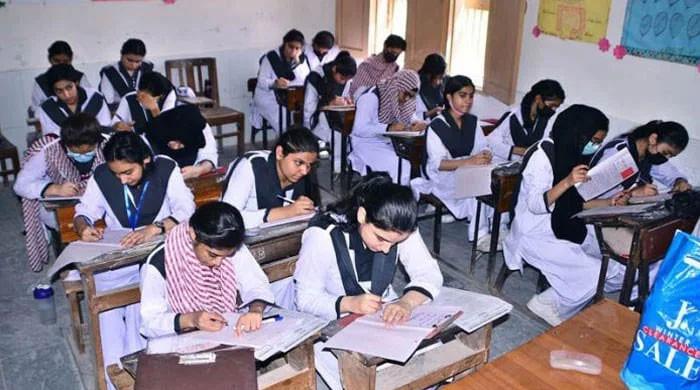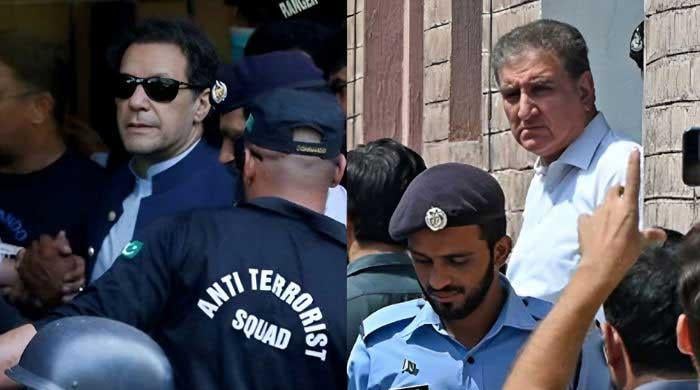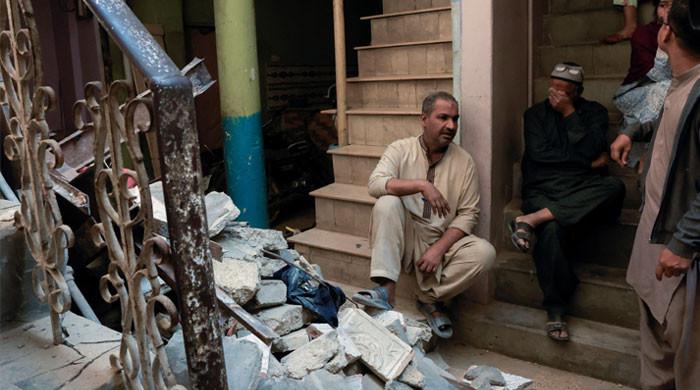Pakistan reports 3,265 new coronavirus infections over past 24 hours
About 126 more succumb to coronavirus during the past 24 hours, taking the country-wide death tally to 19,336
May 13, 2021
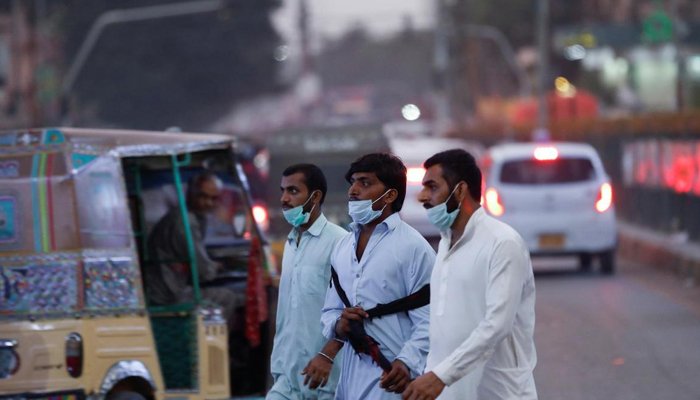
- Pakistan reports 3,265 new infections on Thursday, pushing the total caseload to 870,703.
- The country conducts 39,101 tests in the last 24 hours from which 3,265 returned positive.
- About 126 more succumb to coronavirus during the past 24 hours, taking the country-wide death tally to 19,336.
ISLAMABAD: Pakistan reported 3,265 new infections on Thursday, taking the total caseload to 870,703 as the country tackles the third wave of coronavirus amid escalating cases and deaths.
As per the official data by the National Command and Operation Centre (NCOC), 39,101 tests were conducted in the last 24 hours out of which 3,265 returned positive.
About 126 more succumbed to coronavirus during the past 24 hours, taking the country-wide death tally to 19,336.
Read more: Pakistan reports cases of 'black fungus' among several COVID-19 patients: report
In a provincial breakdown, Sindh has reported 295,483 cases, Punjab 323,314, Khyber Pakhtunkhwa 125,914, Islamabad 78,725, Balochistan 23,728, Azad Jammu and Kashmir 18,129, and Gilgit Baltistan 5,410.
About 776,315 people have recovered from the virus across Pakistan.
Eid-ul-Fitr guidelines
Earlier, the NCOC had issued guidelines to limit the spread of the coronavirus during Eid holidays.
The forum had urged the nation to stand united and firm to support these steps undertaken for the well-being of the Pakistani people.
The guidelines:
- Eid prayers should be organised in open spaces with COVID protocols. If there is a compulsion to offer prayers in a mosque, then windows and doors should be kept open for ventilation.
- Eid prayers should take place in 2-3 shifts at one venue with staggered timings to minimise attendance.
- Efforts should be made to keep the sermon (khutba) very brief in order to reduce exposure.
- Discourage sick, elderly, and children under 15-years of age from attending prayers.
- Mandatory wearing of face mask.
- Multiple entry and exit points at prayer venue to avoid rush of individuals.
- Thermal screening at entry points.
- Availability and use of hand sanitisers at entrances and exits.
- 6-feet social distancing markings at the venue.
- Worshippers should bring their own prayer mats.
- Encourage people to perform wudhu/ablution at home
- Discourage socialising and handshakes at the venue after prayers.
- No gathering before and after prayer.
- Banners/panaflexes highlighting COVID-19 protocols should be displayed at prominent places at the venue as part of the awareness campaign.
- Well laid out parking areas should be prepared for crowd management.




